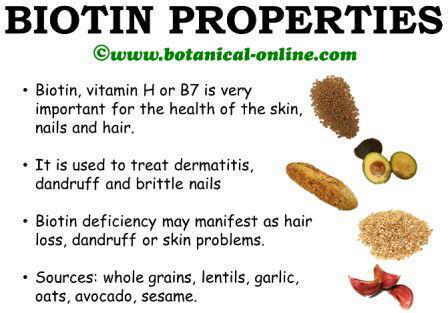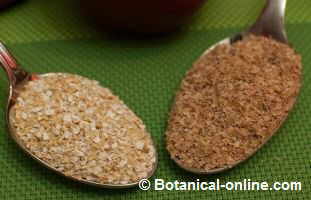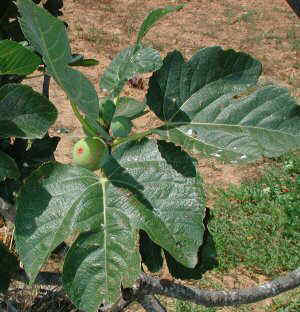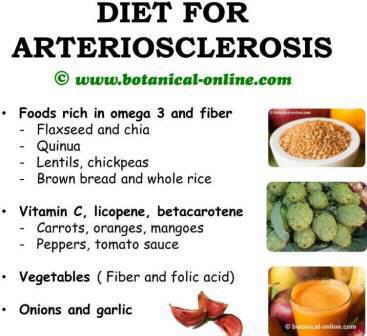Contents
- 1 Vitamin H
- 1.1 CHARACTERISTICS OF BIOTIN
- 1.2 What is biotin?
- 1.3 Biotin functions: Why is biotin necessary?
- 1.4 Problems caused by the lack of biotin
- 1.5 NATURAL SOURCES OF BIOTIN
- 1.6 Where can biotin be found?
- 1.7 MEDICINAL PROPERTIES OF BIOTIN
- 1.8 Daily needs of biotin
- 1.9 Special situations that require more biotin
- 1.10 Toxicity of the B7 vitamin
Vitamin H
CHARACTERISTICS OF BIOTIN
What is biotin?
Vitamin B7 or biotin is part of the complex of vitamin B.
Like pantothenic acid, which works closely with, is a coenzyme that is responsible for numerous body processes.
The biotin word comes from “bios” meaning life, given the importance of this vitamin has for our body to function well.
This vitamin was discovered in Germany in 1936 and synthesized in the United States in 1943.
Biotin is found in many foods and is also synthesized by intestinal bacteria, so it is very difficult to show biotin deficiency unless induced by some type of diet designed for this purpose or by frequent use of certain as antibiotics or anti-epileptic drugs.
Biotin functions: Why is biotin necessary?
Biotin is necessary:
- For the metabolism of proteins, fats and carbohydrates.
- It helps in the use of pantothenic acid and folic acid
- It helps in transforming glucose into energy.
- It helps in maintaining hair, nails and skin healthy.
- For the creation of hemoglobin in the blood.
Problems caused by the lack of biotin
A deficiency of this vitamin is found mainly in the form of:
- Skin problems: The lack of this vitamin is a cause of dry skin. and other skin diseases such as seborrheic dermatitis.
- Hair problems: Lack of this vitamin may result in hair loss.
- Nerve problems: Biotin deficiency can manifest as nervous system disorders such as nervousness, anxiety, depression, insomnia, etc.
- Lack of appetite
- Vomiting
- Sores on the tongue
NATURAL SOURCES OF BIOTIN
Where can biotin be found?
- Animal sources of biotin: The main sources are meat. It is especially rich in egg yolk, liver and viscera in general.
- Vegetable sources of biotin: The richest vegetable sources of biotin include brewer’s yeast, the mushrooms, peanut butter and whole grains or their derivatives (rice, oats, wheat, flour, bread, pasta, wheat germ, etc.) are rich in this vitamin, other plants such as soybeans, beans or nuts.
- Biotin supplements: Besides food, they can get this vitamin through supplements in the form of capsules or tablets. There are supplements sold in the form of d-biotin.
MEDICINAL PROPERTIES OF BIOTIN
 Main benefits of biotin
Main benefits of biotin
Normally a varied diet is sufficient to meet the daily demands of this vitamin. There are however some situations where it may be necessary to increase the daily dose.
Supplements of this vitamin may be appropriate under strict medical supervision among all situations we would mention the following:
- Aid to improve the health of nails and the skin: In case of fragile or brittle nails. Biotin intake helps to improve the state of the same (1.2 mg daily) Patients suffering from dermatitis may improve with the addition of this supplement.
- It helps in improving hair health: The use of biotin supplements does not cure baldness, but it permits natural hair recovery when the fall of the same is caused by lack of vitamins. (1.2 mg daily)
- It helps to improve diabetes: Biotin, taken in large doses, helps stabilize blood sugar level and also helps to prevent, any nerve damage that diabetes can cause, mainly as known as diabetic neuropathy. (Consult to your doctor)
Daily needs of biotin
The following table shows the recommended minimum amounts.
Recommended amount of biotin (B7 vitamin) in mcg (micrograms) | |
| Less than 6 months | 10 |
| Of 6 months to 1 year | 15 |
| Of 1 to 3 years | 20 |
| Of 4 to 6 years | 25 |
| 7 to 10 years | 30 |
| Men and women from 11 years old | 30-100 |
Special situations that require more biotin
There are certain situations that require an additional intake of this vitamin or which force us to be more attentive to possible symptoms of deficiency. Among these are:
- Lowcalorie diets
- Prolonged use of antibiotics or antiepileptics.
- Excessive intake of raw eggs (15 or 20 day) or raw egg white. This nutrient blocks the absorption of the vitamin.
Toxicity of the B7 vitamin
The use of supplements of this vitamin does not present toxicity.
![]() More information about vitamins
More information about vitamins








